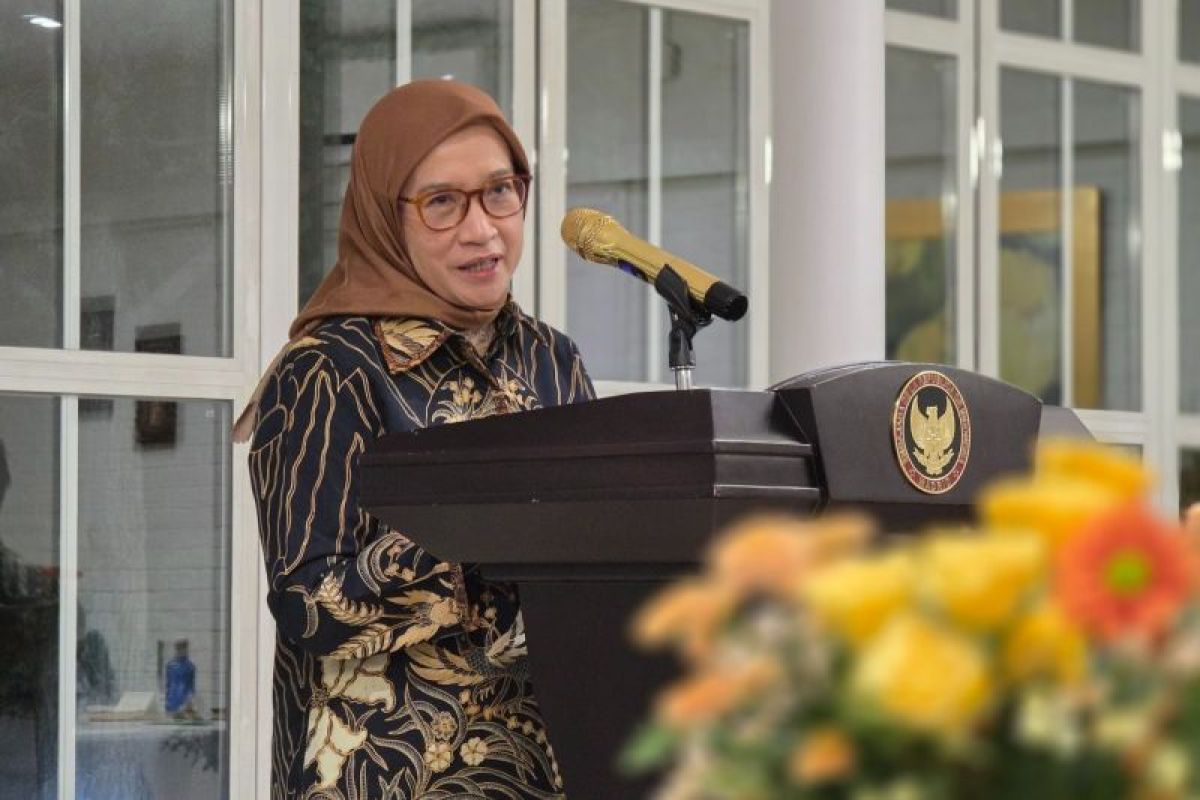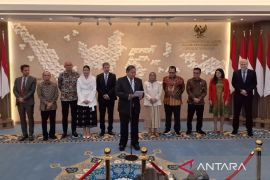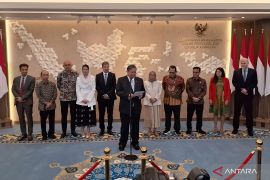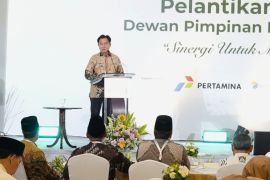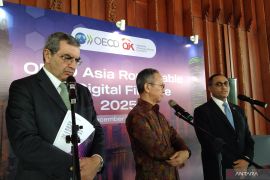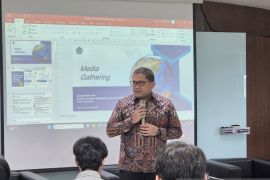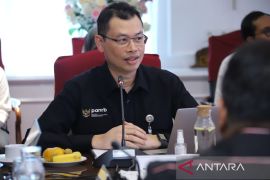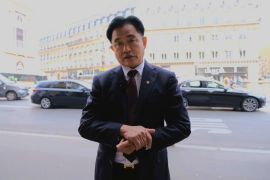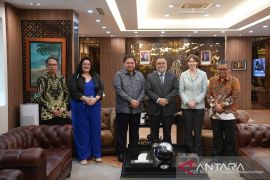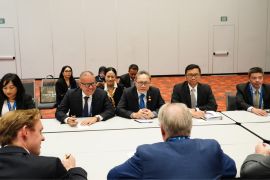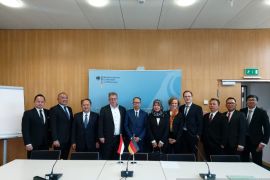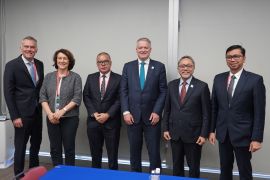Speaking before OECD Deputy Secretary-General Mary Beth Goodman and other stakeholders, Rini emphasized that the adoption of digital technology in open government aims to bring government closer to the people, accelerate public services, and build citizens’ trust.
“The goal is deeply human, to ensure that access to healthcare, education, licensing, and social protection is a right equally available to all citizens - not a privilege,” Rini said in an official statement released in Jakarta on Wednesday.
She noted that open government is often seen as a technical reform of procedures and regulations. However, at its core, it is a profoundly human agenda.
“It’s reflected in the dignity of a mother receiving social assistance without bureaucratic hurdles, in the justice a farmer feels when they can see how village funds are used, in the fairness experienced by persons with disabilities when they can access government documents online, and in the trust built when people know their voices are heard and acted upon,” she explained.
As an OECD accession country, Indonesia is committed to aligning its governance reforms with global standards. Rini highlighted that the recent OECD Index of Digital Trade Integration and Openness (INDIGO) 2025 meeting in Jakarta reaffirmed that digital transformation, innovation, and open government are integrated pathways toward greater public trust and stronger democracy.
“We are currently finalizing a comprehensive legal framework on digital government, which will not only serve as a regulatory base, but also as a bridge connecting our long-term reforms in e-government systems, data governance, service integration, and public participation,” she said.
Rini further explained that in today’s digital era, technology plays a critical role in transforming governance. Therefore, digitalization and the use of technology in public administration are central components of Indonesia’s ongoing reforms.
“We are building Indonesia’s public digital infrastructure, including digital identity systems, data exchange platforms, and digital payment systems to achieve a more integrated, transparent, and efficient government,” she added.
Rini concluded by stating that meeting today’s governance challenges requires not only strong commitment, but also the courage to learn and act.
“We look forward to sustained exchanges of best practices, strengthening public space, and ensuring that the promise of open government becomes a reality in every country,” she said.
Related news: Indonesia brings digital investment vision at OECD meeting
Related news: Digital transformation to ensure inclusive public services: minister
Translator: Fianda, Azis Kurmala
Editor: Primayanti
Copyright © ANTARA 2025
